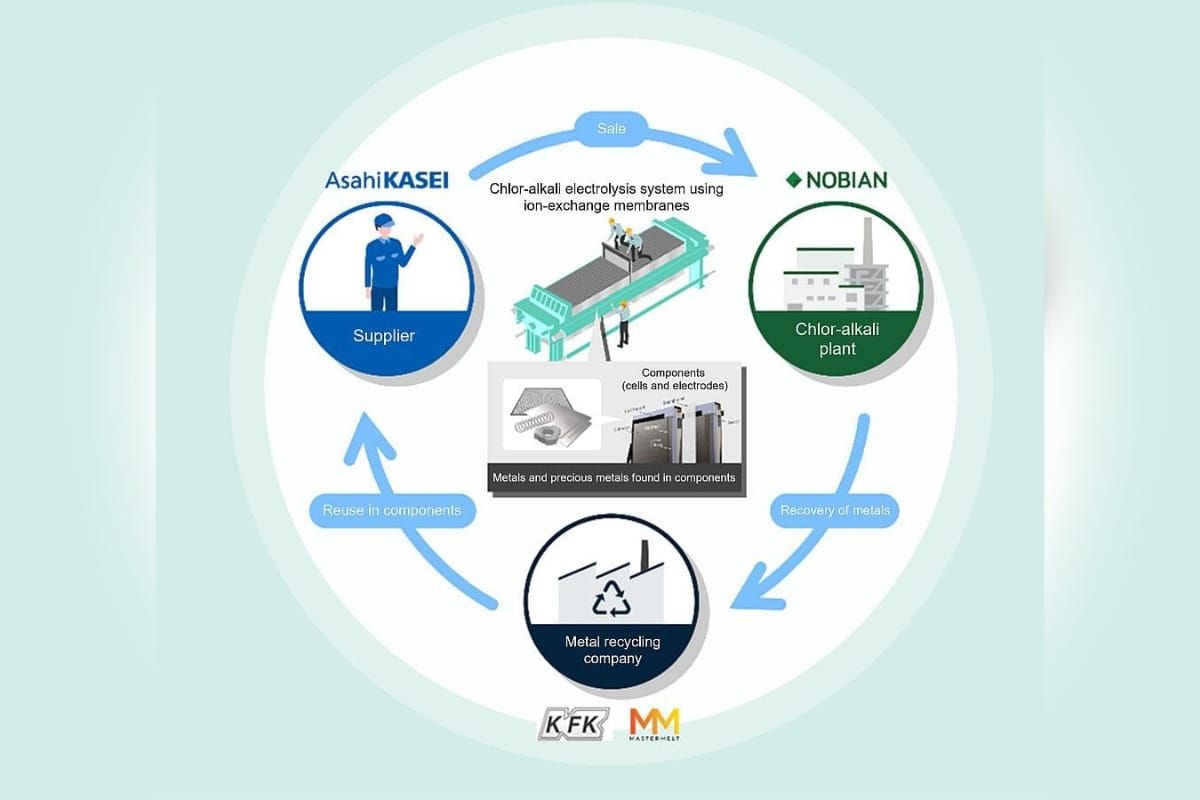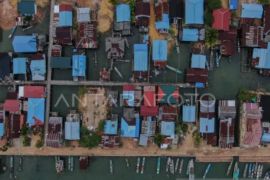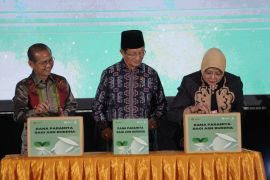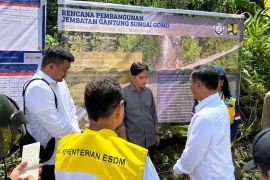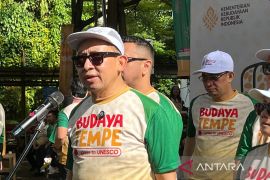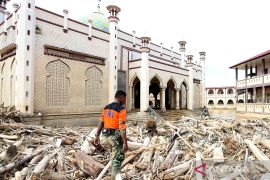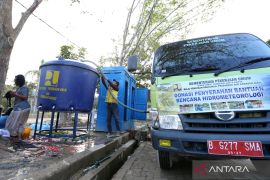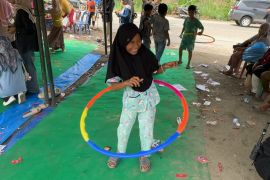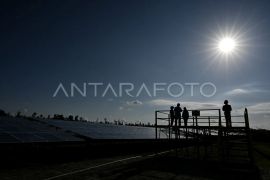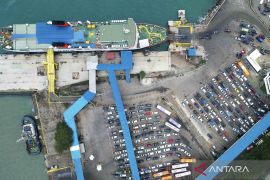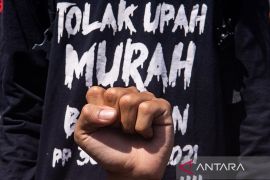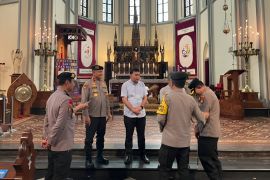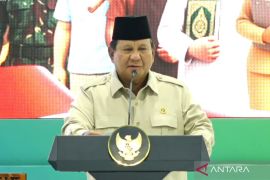Toward the building of a metal recycling ecosystem in the chlor-alkali industry
Tokyo (ANTARA/JCN Newswire) - Furuya Metal Co., Ltd. (Head office: Toshima-ku, Tokyo; President: Takahito Furuya; “Furuya Metal”) and Asahi Kasei Corp. (Head office: Chiyoda-ku, Tokyo; President and Representative Director: Koshiro Kudo; “Asahi Kasei”) have, in collaboration with Nobian Industrial Chemicals B.V. (Head office: Amersfoort, the Netherlands; Chief Executive Officer: Michael Koenig; “Nobian”) and Mastermelt Ltd (Head office: London, United Kingdom; Chief Executive Officer: Rick Reidinger; “Mastermelt”), embarked on a demonstration trial regarding the recycling of metals used for chlor-alkali*1 electrolysis cells and the electrodes within those cells (hereinafter, “cells and electrodes”). Through this initiative, Furuya Metal will strive to build an ecosystem in the chlor-alkali industry using rare metal recycling.
Rare metals such as iridium and ruthenium are used in the electrodes of chlor-alkali electrolysis cells. Excellent in aspects such as heat resistance, chemical resistance, and electrical conductivity, iridium and ruthenium are expanding in application as industrial materials in various industries, such as electronics, semiconductor, and even industries such as green hydrogen and energy. Furuya Metal has been handling these metals over a span of 40 years, from raw material procurement to ultra-high-purity refining technologies, as well as sophisticated processing technologies and recycling technologies and capabilities. This allows the company to supply many customers, gaining a high global share. Demand for iridium and ruthenium is rising year after year, and due to their high rarity, so far, Furuya Metal has been working on efficient use through recycling over many years to achieve stable supply of these metals.
In the chlor-alkali industry, securing a stable supply of rare metals and efficient reuse are becoming issues of growing importance. Furuya Metal will contribute toward the establishment of a precious metal recycling process in the chlor-alkali industry through this initiative.
In this initiative, first, Asahi Kasei will collect electrodes that have reached the end of their service life from Nobian. Next, at Mastermelt and Furuya Metal, separation of catalysts from electrodes and processing of separated catalysts in preparation for the next process will be carried out, and precious metals will be extracted from the separated catalysts and purified to a higher level. Then, Asahi Kasei will manufacture electrodes coated with catalysts that use these precious metals as raw materials (hereinafter, “recycled-catalyst electrodes”). Nobian will carry out chlor-alkali electrolysis using these recycled-catalyst electrodes, allowing resource circulation in the manufacturing of caustic soda and chlorine. In this way, the four companies will collaborate to promote the establishment of a recycling process that recovers and reuses metals—including precious metals—from used cells and electrodes.
Furuya Metal will continue to provide an efficient and stable supply of iridium and ruthenium and expand the applications of iridium and ruthenium in even more industries to contribute to the development of a digital society and a green society.
About Asahi Kasei Corp.
For 50 years since commercializing its membrane process for chlor-alkali electrolysis in 1975, Asahi Kasei has earned a strong reputation among customers for offering superior operating performance and reliability as a supplier of all technological elements of the process. Global demand for chlor-alkali in 2024 was approximately 100 million tons*2, and Asahi Kasei’s chlor-alkali process has been adopted at more than 160 plants in 30 countries as of December 2024, with a cumulative order volume of over 30 million tons per year converted to 100% caustic soda, making Asahi Kasei a leading global process supplier. The membrane process for chlor-alkali electrolysis produces chlorine, hydrogen, and caustic soda by electrolyzing brine using ion-exchange membranes. It eliminates the need to use environmentally hazardous mercury or asbestos as process materials, and enables greater energy efficiency. The combination of low-voltage membranes and electrolyzers developed with advanced Asahi Kasei technology reduces CO2 emissions by lowering power consumption in the electrolysis process.
*1 A process of electrolyzing sodium chloride solutions to produce chlorine and caustic soda, both of which are used for various end applications, including organic and inorganic materials, pharmaceuticals, soaps, and detergents.
*2 2024 World Analysis – Chlor-Alkali – Appendix (August 4, 2023)
For inquiries regarding this press release, please contact:
General Affairs & CSR Department, Furuya Metal Co., Ltd.
Telephone: +81-3-5977-3377
E-mail: ir@furuyametals.co.jp
Press release: https://www.acnnewswire.com/docs/files/20250423_EN.pdf
Reporter: PR Wire
Editor: PR Wire
Copyright © ANTARA 2025
